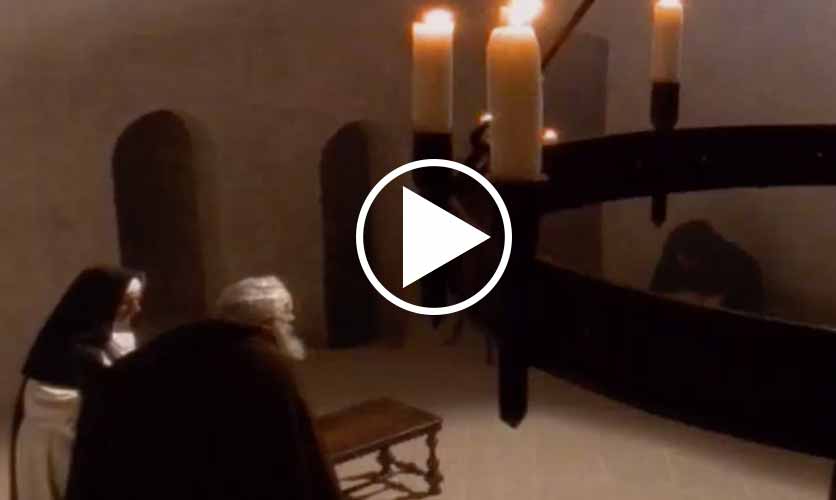Trial of Galileo (1633)

"My dear Kepler, what would you say of the learned here, who, replete with the pertinacity of the asp, have steadfastly refused to cast a glance through the telescope? What shall we make of this? Shall we laugh, or shall we cry?"
--Letter from Galileo Galilei to Johannes Kepler
In the 1633 trial of Galileo Galilei, two worlds come into cosmic conflict. Galileo's world of science and humanism collides with the world of Scholasticism and absolutism that held power in the Catholic Church. The result is a tragedy that marks both the end of Galileo's liberty and the end of the Italian Renaissance.
Galileo Galilei was born in 1564--the same year that Shakespeare was born and Michelangelo died. From an early age, Galileo showed his scientific skills. At age nineteen, he discovered the isochronism of the pendulum. By age twenty-two, he had invented the hydrostatic balance. By age twenty-five, Galileo assumed his first lectureship, at the University of Pisa. Within a few more years, Galileo earned a reputation throughout Europe as a scientist and superb lecturer. Eventually, he would be recognized as the father of experimental physics. Galileo's motto might have been "follow knowledge wherever it leads us...."Continued

